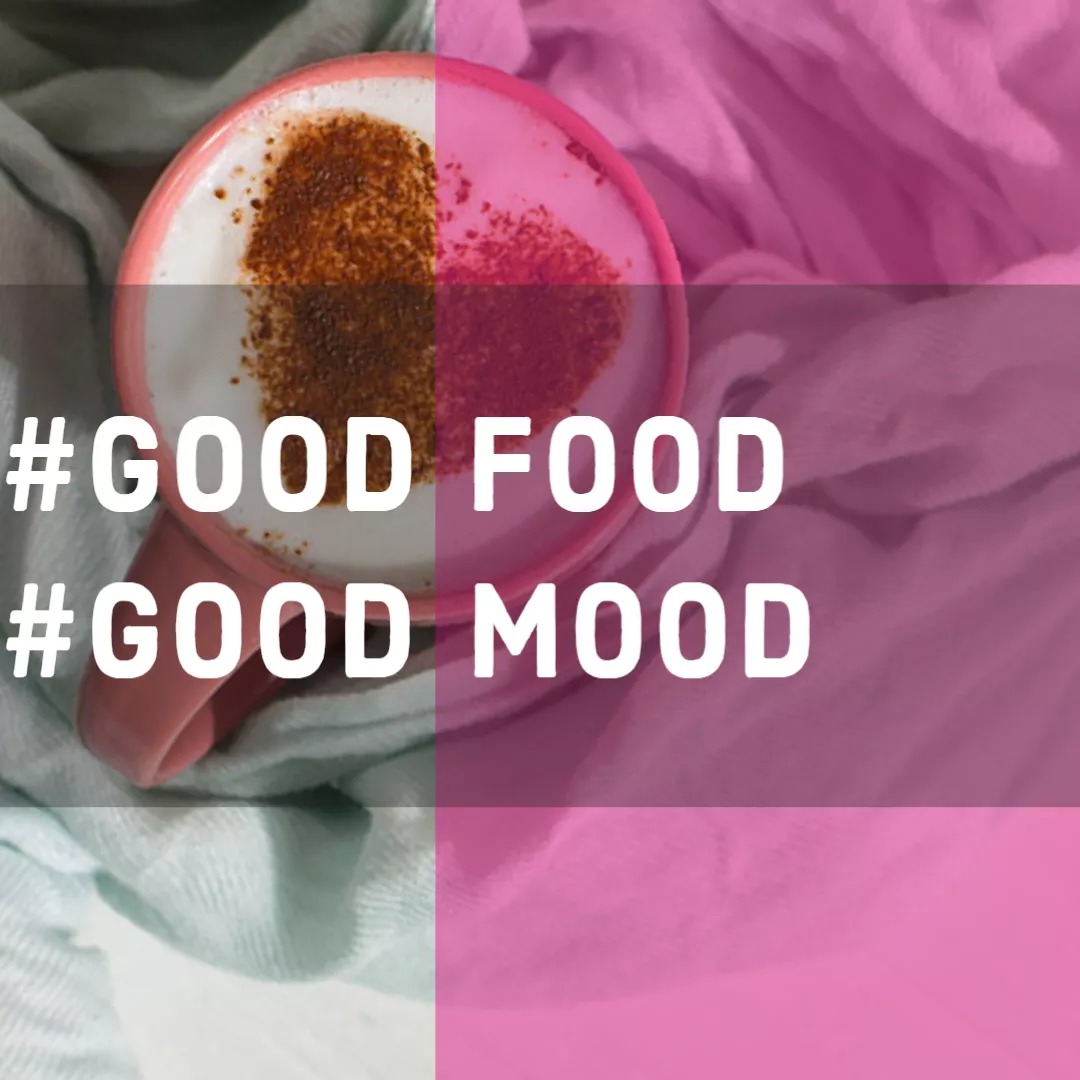
Mood Boosting Foods
SEVEN Mood Boosting Foods to increase your Serotonin
We all know that the food we eat has a huge impact on our physical health, but we are now starting to realise that it also impacts our mental health.
Anxiety and depression rates are at a serious worrying incline. We just got out of a pandemic, our media is inundated with global warming, economic inflation and war. Does this make you want to comfort eat? Yes, me too. But, think again, research in food science has shown that certain types of foods that are high in tryptophan, can help boost our serotonin (the HAPPY hormone) minimising depressive symptoms. Tryptophan is an amino-acid that is required for the build up of serotonin.
Ongoing trials are looking at the impact of different diets on mood. The AMMEND 2022 randomised controlled trial registered in New Zealand and Australia, looked at the effect of a Mediterranean diet on the symptoms of depression in young males. They reported that the Mediterranean Diet improved their mood scores and quality of life significantly over a 12 week period. In another study published in the European Journal of Nutrition in 2019, found that cohorts consuming fruits and nuts and avoiding fast/fried food had reduced their risk of depression significantly.
After looking at various trials, I broke down the individual foods that research is currently recommending to boost our serotonin levels. Here’s what I found;
Nuts and Seeds
Particularly flaxseeds, chia seeds, pumpkin seeds, cashews, pistachios, walnuts and almonds. A 2019 study looked at the benefits of walnuts in particular. They analyzed data from the NHANES study to correlate walnut consumption with depression scores, and found significantly lower depression scores in walnut consumers as opposed to non-nut consumers. Have a look at one of my previous articles about the overall benefits of nuts.
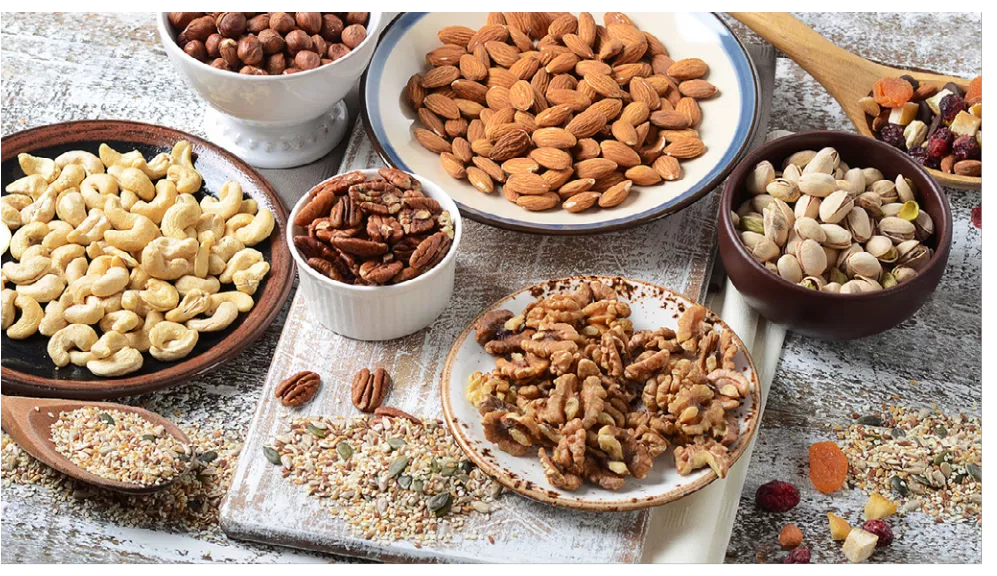
Eggs
Research published in 2015 showed that supplementing women aged 45-65 with egg protein significantly improved their emotional state due to the high levels of tryptophan found in egg protein.

Dairy
Milk, cheese and yoghurt contain alpha-lactalbumin, a naturally occurring whey protein containing lots of amino acids including tryptophan.
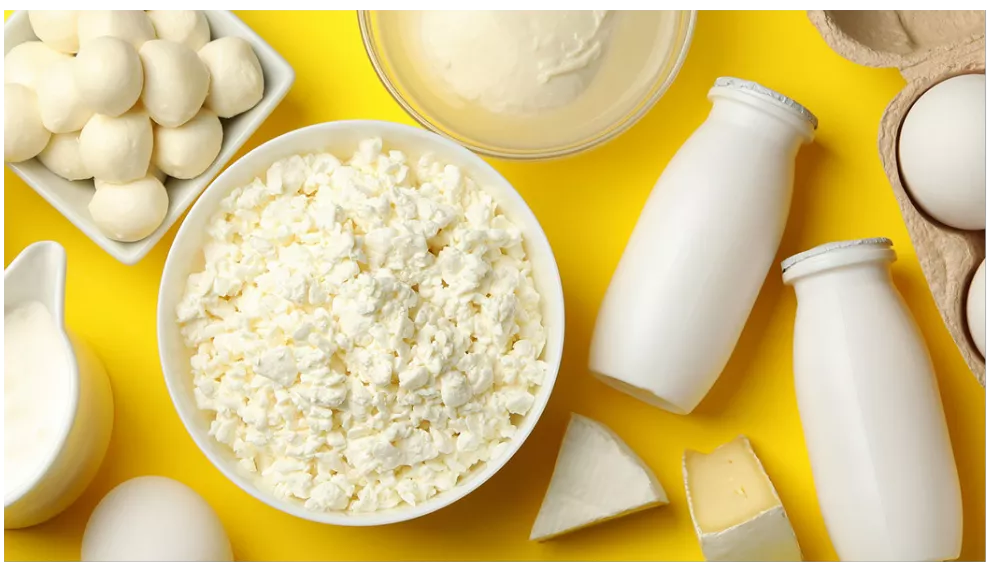
Tofu
Ideal for vegetarians/ vegans as a great source of protein, tofu contains tryptophan, iron and soy isoflavones. Isoflavones are type of phytoestrogens that have been studied for their beneficial effects in alleviating menopausal symptoms as well as depression.
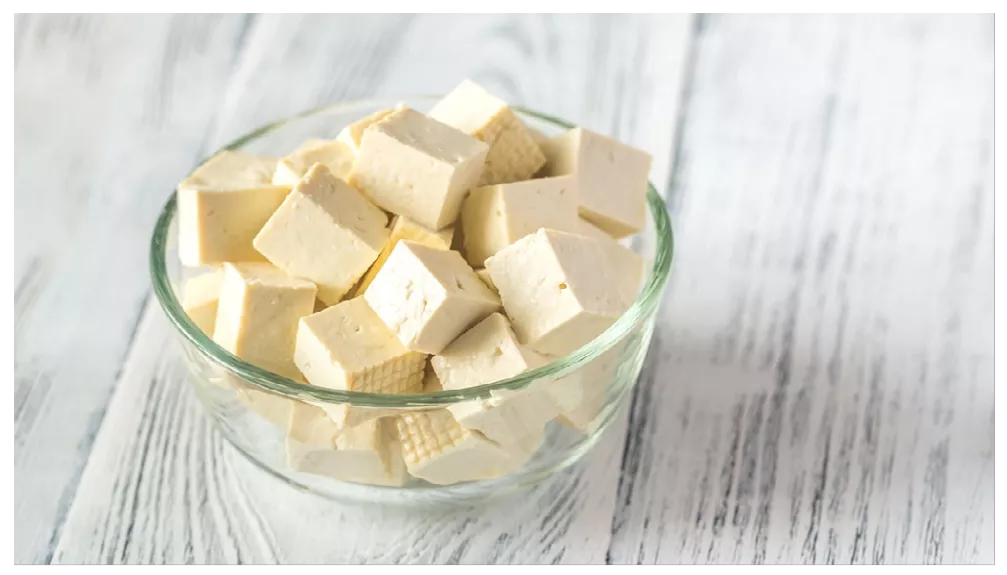
Fatty fish eg. Salmon
High in Omega 3s and tryptophan. Clinical trials looking at the effect of dosing with DHA and EPA (both are types of Omega 3s) have shown improved depressive symptoms. To give you a better picture, a gram of DHA+EPA is equal to 3 salmon meals per week.
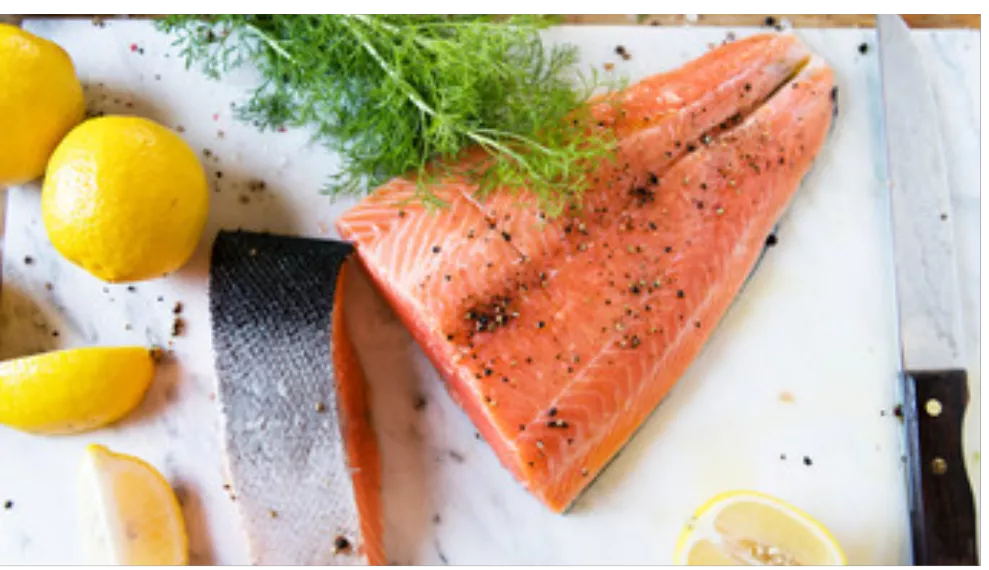
Leafy greens
Spinach is high in tryptophan,iron and folate. Folate is needed to help synthesise neurotransmitters that are needed for optimal brain function. People suffering from depression have often been found to have folate deficiency. Trials are looking at supplementing people on antidepressants with folic acid.
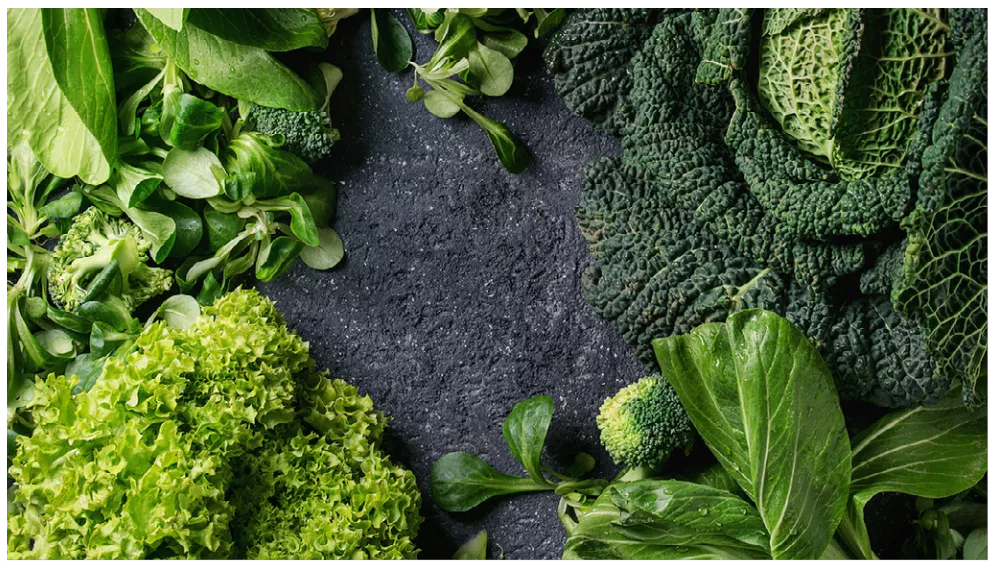
Oatmeal
The iron and tryptophan levels in oatmeal have shown to help minimise the risk of anaemia and boost serotonin levels. Oatmeal is a complex carb, meaning that it will be metabolised slowly, releasing sugars steadily without provoking blood sugar spikes. Blood sugar stabilisation therefore helps to prevent mood swings and symptoms of depression.
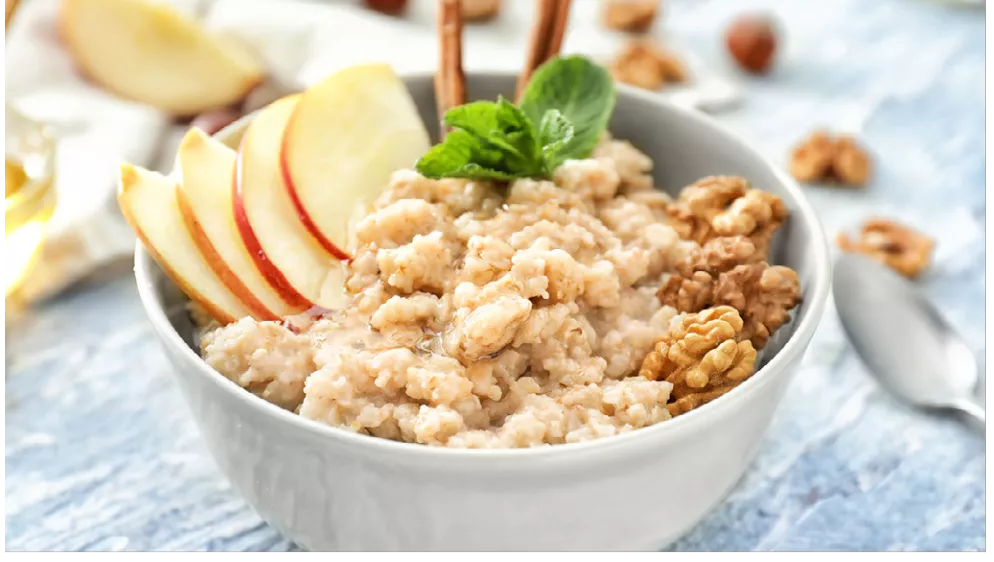
Munch on these mood boosting foods whilst watching your newscast/feed tonight, you’ll make sure to keep your mood elevated and calorie count low ;)
AUTHOR’S RECOMMENDED READ Brain food by Lisa Mosconi, is a book I highly recommend to increase your knowledge on how our diet can help increase our cognitive power and lighten our moods. The writer is a neuroscientist as well as a nutritionist, best of both worlds nicely presented in one book. Here is the link to the book: BRAIN FOOD: THE SURPRISING SCIENCE OF EATING FOR COGNITIVE POWER BY LISA MOSCONI, PH.D

